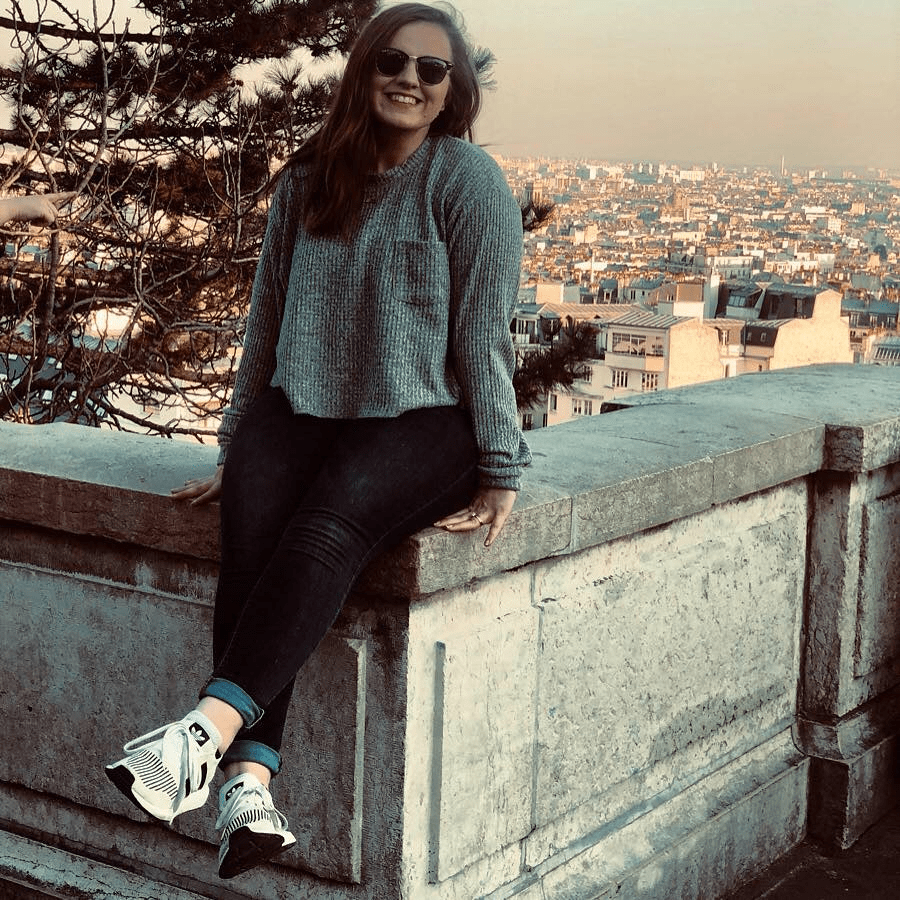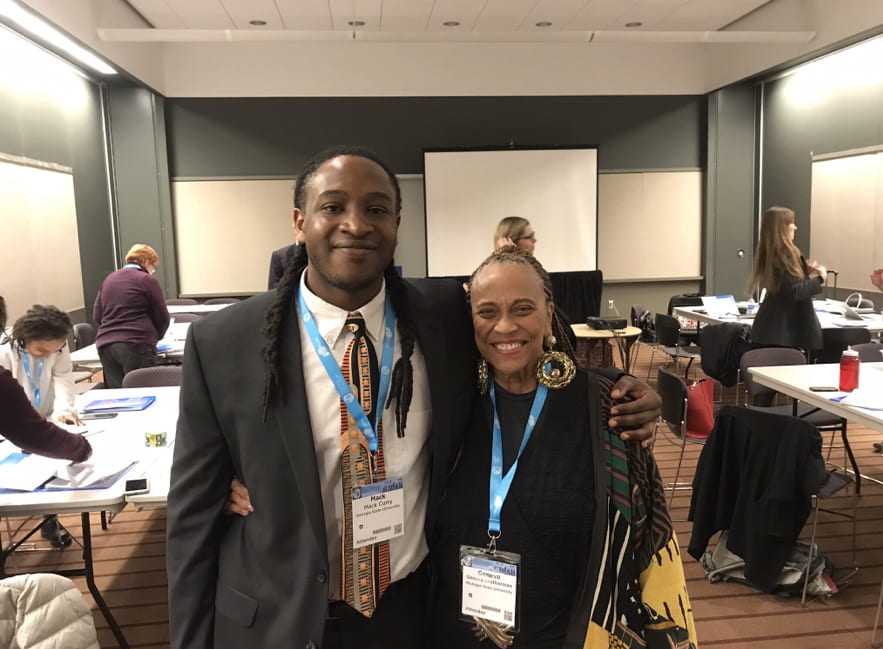
Nicole Turner
A born and raised Jersey girl, Nicole Turner is new to the Atlanta area. She received her B.A. in English from Hood College, in Frederick, Maryland, is a member of Sigma Tau Delta, and is currently pursuing her M.A. in English at GSU, with a focus in Literary Studies. While her enthusiasm is 20th-century literature, specifically the novel, her indecision and fascination for learning to find her enjoying stories and literature from numerous eras and genres. She is passionate about her studies in English and finds her strengths in streamlining arguments and making them more clear and effective, as well as brainstorming ideas and thoughts. When she is not working at the Writing Studio, taking classes, or working as a waitress, she enjoys life with her husband, her cats and dog, and Netflix, as well as spending time outdoors (and, if she is lucky, at Disney World).
Learn more about Nicole!
What brought you to Atlanta and GSU?
My mom and mother-in-law both moved from the Northeast to open a cabin rental and management business in the Blue Ridge Mountains. Shortly after, my husband and I followed them down here, since we couldn’t handle being far from the most important people in our lives. I landed at GSU after realizing I wanted to pursue a Master’s degree in English, and the love I’ve found for the English department here has kept me here, while I work on a PhD.
What are you studying and why?
I am studying TransAtlantic modernist and post-modern literature. I’m specifically interested in trauma theory and war narratives. I landed on this focus first through my experience with World War I literature; so much research had been done on the identities we typically associate with war (the traumatized hero, the woman who “stepped up” and entered the workforce in her husband’s absence, etc.), but my research looks at the relatively silent observers of war. Specifically, I have been interested in the wives who endured wars (the fear, nerves and turmoil associated with it) and considering what those experiences might have been like.
What are your goals for after GSU?
The ultimate goal is to wind up working in academia. My experience at GSU, as a Writing Studio tutor, has helped me realize that working in writing centers and in Writing Center studies could also be a goal of mine.
What’s a lesson you’ve learned from tutoring?
My experience with writing, before tutoring, was a very insulated process. Working as a tutor is a reminder of the benefits of thinking about writing as collaboration. My previous university didn’t have a proper writing center, so to see the benefits of collaboration reinforced in my tutees writing growth was and is so powerful. Now, I bring my own work to our tutors regularly.
What’s the most memorable thing a student has ever said to you?
A handful of students have thanked me in the acknowledgements sections of their dissertations and master’s theses. One of these students came to our writing center a few years ago, and the work they brought was about some science that I found completely intimidating (I still do!). I was shocked when this student came back to me as a tutor again and again, to keep working on this project. We must have had 20 sessions together. I was amazed that I was of use to this student, and when he thanked me in his dissertation, I was shocked. It’s a reminder that my unique skill set is beneficial and valuable, especially in a situation where I doubted myself continuously. Finishing my work with that student was disappointing. I grew as a tutor with each appointment I had with this student.
How has writing influenced your life?
My thinking is pretty disorganized. This makes my speaking pretty disorganized as well. It’s sometimes frustrating. I say things I don’t mean to all the time, and I am regularly misunderstood. On top of that, I am from New Jersey, and I talk way too quickly. In writing, I manage to express my ideas without becoming frustrated by the problems surrounding my verbal communication. I can be more patient and give myself time to think things through.
What advice would you give to someone looking to get where you are now?
I’ve never considered myself the master at anything. I am always asking questions and am eager to learn and listen. I think a good tutor works without an ego and learns from each interaction they have. Tutoring, for me, requires that constant learning.





